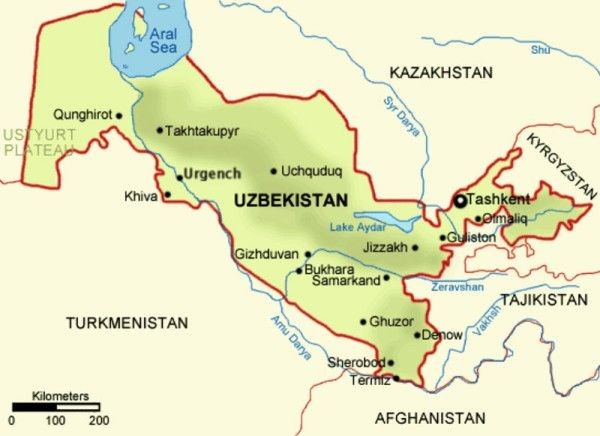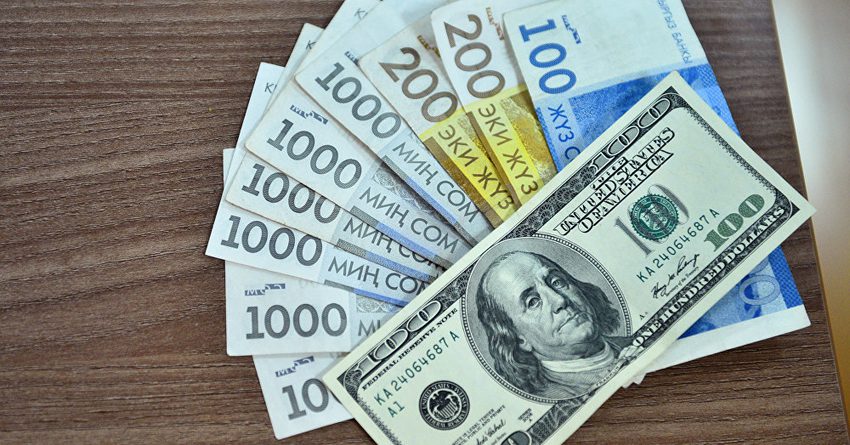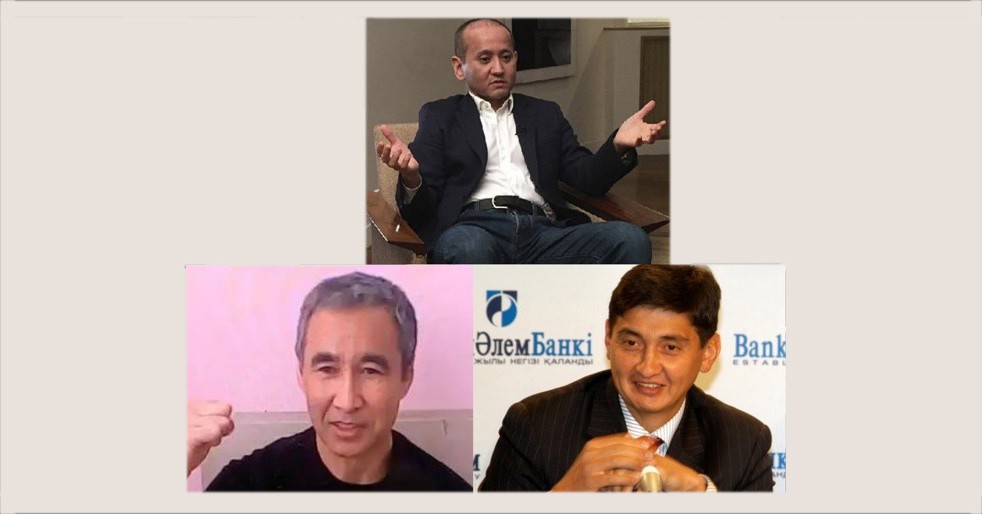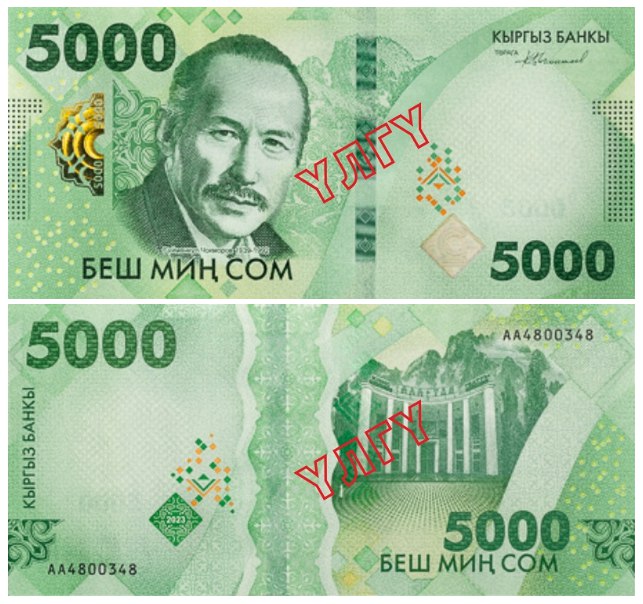TASHKENT (TCA) — The government of Uzbekistan says that private citizens will be allowed to purchase foreign cash as of October 1 for the first time since shortly after the country gained independence in the Soviet breakup of 1991, RFE/RL’s Uzbek Service reported.
Uzbek Prime Minister Abdulla Aripov announced the change on September 23.
It is part of a series of steps the government has taken to lessen the Central Asian nation’s isolation following autocratic President Islam Karimov’s death last year after more than a quarter-century in power.
The central bank of Uzbekistan devalued the Uzbek national currency, the soum, on September 5, allowing the official exchange rate to weaken to about 8,100 soums to the dollar from 4,210.
President Shavkat Mirziyoyev issued a decree ordering the start of retail foreign-exchange operations on the same date, but it specified that Uzbeks could only receive the foreign currency in a special card, not in cash.
Starting from September 5, the government in Uzbekistan liberalized the country’s currency regulations, no longer fixing the national currency, the soum, to the U.S. dollar and removing restrictions on the amount of foreign currencies individuals and companies can buy.
The government then said that instead of automatically pinning the soum to the U.S. dollar, it would allow its value to be determined by market forces.
Karimov had pinned the value of the soum to the U.S. dollar, which led to a flourishing illegal black market.
In August, Uzbekistan had dropped a regulation that required exporters to sell one-fourth of their hard currency revenue to the government.








